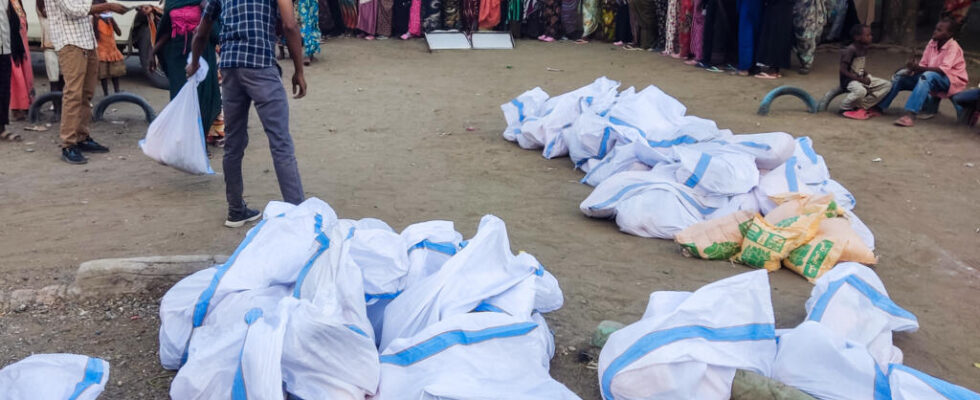In Sudan, violent fighting between the Sudanese army and paramilitaries raged again this Tuesday in the town of El Fasher. Since Friday May 10, the paramilitaries of the Rapid Support Forces have launched an offensive on this last major city in Darfur not to be in their hands. The UN is concerned about the fate of the inhabitants of El Fasher – 1.5 million, including 800,000 displaced – and calls for an immediate ceasefire and unhindered humanitarian access.
2 mins
According to a resident of El Fasher contacted by telephone, the fighting resumed in intensity Monday May 14, in the morning. Exchanges of artillery fire, as well as aerial bombardments which destroyed several eastern neighborhoods of the city where paramilitaries had infiltrated. This resident speaks of numerous injured civilians that rescuers are trying to evacuate to the city’s southern hospital, one of only two hospitals still in operation.
The inhabitants of El Fasher have not left the city, explains a humanitarian actor, because of the numerous checkpoints – held by the army and the paramilitaries, which you have to pay very dearly to be able to cross. Some are also afraid of ethnic targeting, adds a researcher.
Read alsoSuliman Baldo, Sudanese researcher: “Many civilians will be caught in crossfire in el-Fasher”
5% of needs
The food situation there has become extremely worrying. The Secretary General of the UN, Antonio Guterres, who had already alarmed by the intensification of fighting in El Fashersaid to himself “ very worried » of the fate of the inhabitants who face « the threat of famine and the consequences of more than a year of war », Reports one of its spokespersons. The fighting of recent weeks around the city, which at least 27 dead and 130 injuredhampered the little food aid that was supposed to be delivered.
Only 5% of needs were able to reach El Fasher according to an NGO. And only the most vulnerable, namely the 800,000 displaced people who had already fled the fighting in neighboring provinces. According to this resident of El Fasher, there are still provisions on the markets, but the prices are very high. Monday May 15, a lack of flour caused a shortage of bread.
Read alsoSudan: community kitchens to survive in a devastated country
